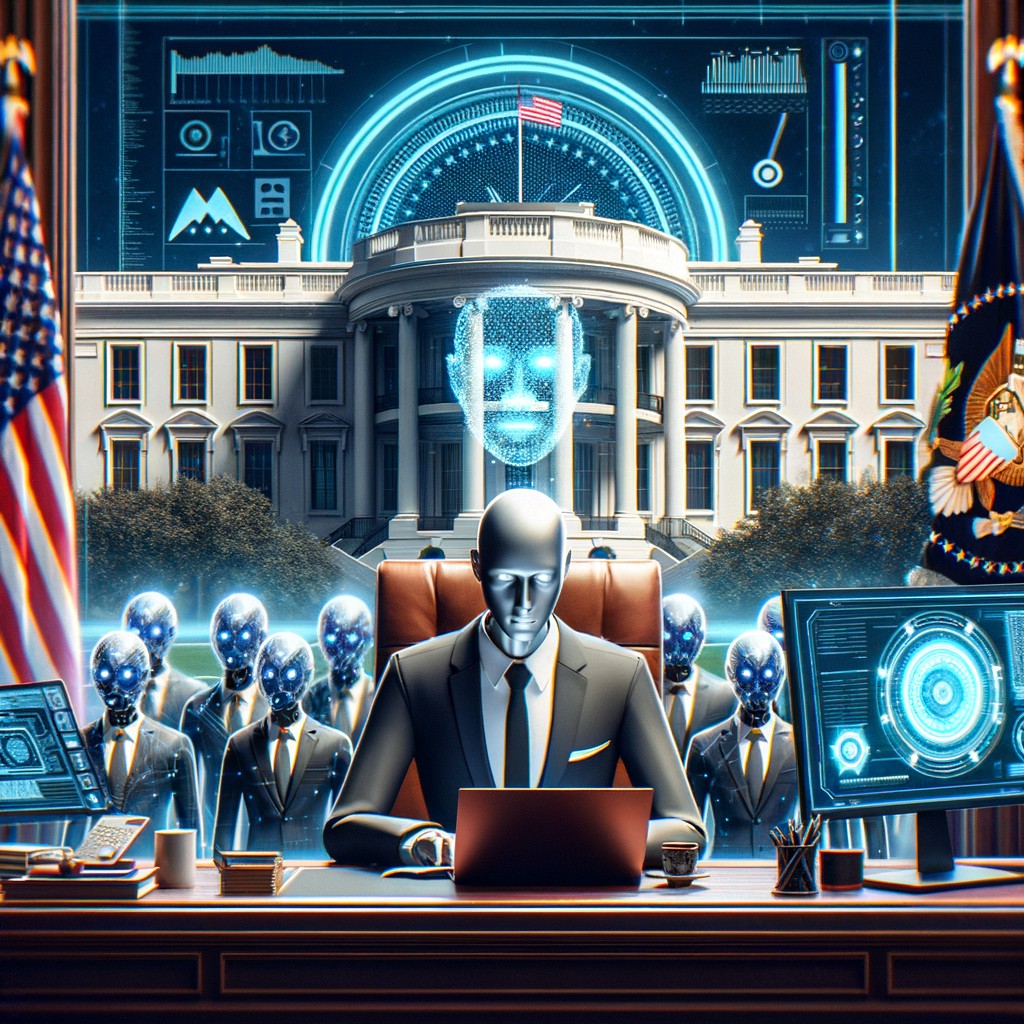Introduction
In a bold move that has sparked widespread debate across the technology and political landscapes, the Trump Administration is reportedly preparing to unveil a series of executive orders aimed at regulating artificial intelligence (AI). One of the most contentious orders targets so-called “woke AI” models, a term that has garnered significant attention in recent years as AI systems increasingly engage with sociopolitical issues. As we stand in 2025, AI technologies continue to evolve, and with this evolution comes the challenge of ensuring they align with diverse societal values and expectations.
Breaking Developments
According to a report from Mashable, the White House is set to announce these executive orders next week. This initiative is part of a broader strategy to address concerns about the impact of AI on free speech and perceived biases in algorithmic decision-making. The term “woke AI” has been used to describe AI systems that are designed to promote inclusivity and avoid discrimination. However, critics argue that these systems may inadvertently stifle free expression by over-correcting for biases.
| Date | Event |
|---|---|
| January 2025 | Anticipated announcement of AI executive orders |
Expert Reactions
- Industry leader: Many tech industry leaders are expressing concern about the potential implications of these orders on innovation and AI development. They argue that such regulations could hinder the growth of AI technologies and place unnecessary constraints on developers.
- Researcher Y: Researchers in the field of AI ethics emphasize the importance of developing systems that are fair and unbiased, but they caution against oversimplifying the complexities of algorithmic fairness into binary notions of “woke” or “non-woke” AI.
Source: Trump Administration set to announce executive order targeting “woke AI” chatbots, report says
The Implications of AI Regulation
The proposed executive orders underscore the growing recognition of AI’s role in shaping societal norms and the urgency of addressing ethical concerns. As AI systems become more integrated into everyday life, their ability to influence public opinion and decision-making has raised alarms about potential misuse or unintended consequences.
Potential Impact on AI Development
- Regulatory Challenges: Implementing regulations on AI could introduce significant challenges for tech companies, particularly those developing AI-powered applications and services. Navigating these regulatory landscapes may require substantial changes to AI design and deployment strategies.
- Innovation and Creativity: Critics of the proposed orders fear that stringent regulations could stifle innovation and creativity within the AI sector. By imposing specific guidelines on AI behavior, there is a risk of limiting the diversity of AI applications and hindering the exploration of new technological frontiers.
The Debate Over “Woke AI”
The concept of “woke AI” has emerged from broader societal debates about inclusivity, diversity, and fairness. Proponents of woke AI argue that these systems can help mitigate historical biases and promote equitable outcomes. However, detractors caution that overemphasis on political correctness may lead to censorship or the suppression of dissenting viewpoints.
Balancing Fairness and Free Speech
- Algorithmic Bias: Addressing algorithmic bias is a complex challenge that requires a nuanced understanding of AI behavior. Efforts to design fair AI systems must consider multiple dimensions of fairness, including equity, transparency, and accountability.
- Free Expression Concerns: Ensuring that AI systems do not infringe on free expression is equally important. Critics of woke AI argue that overly restrictive guidelines could lead to the suppression of legitimate discourse and stifle the exchange of ideas.
Conclusion
As the Trump Administration moves forward with its plans to regulate AI, the debate over “woke AI” continues to capture the attention of policymakers, technologists, and the public alike. The challenge of balancing fairness, free expression, and innovation in AI development is a complex and evolving issue that requires careful consideration and collaboration among stakeholders.
As we await the official announcement of these executive orders, the tech industry remains poised for a potential shift in the regulatory landscape. The decisions made in the coming weeks and months could have far-reaching implications for the future of AI and its role in society.
Tags: AI regulation, woke AI, technology policy, Trump Administration, algorithmic fairness, free speech, innovation





